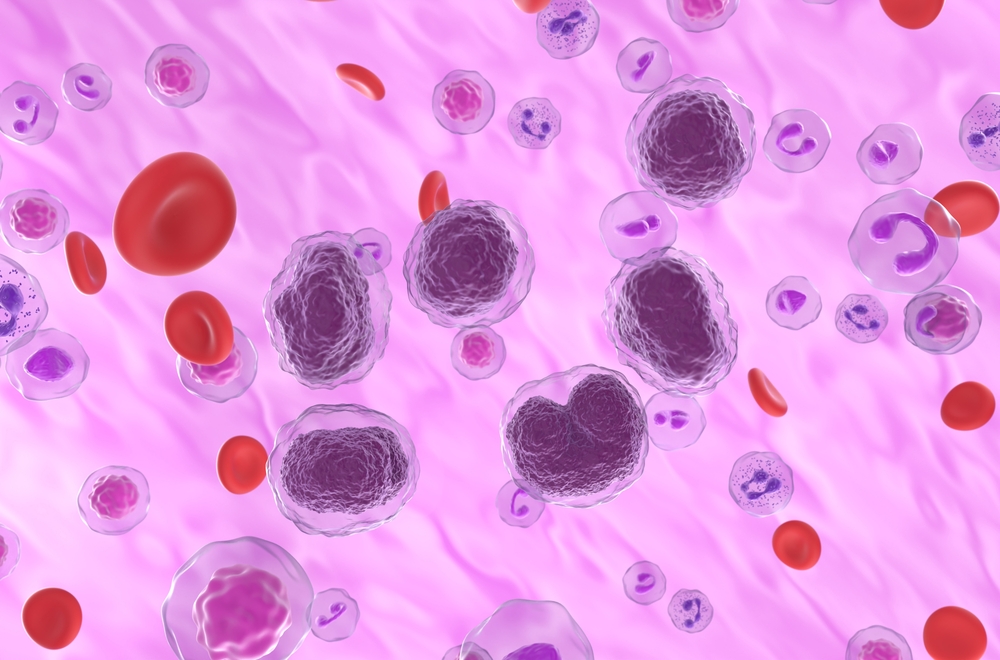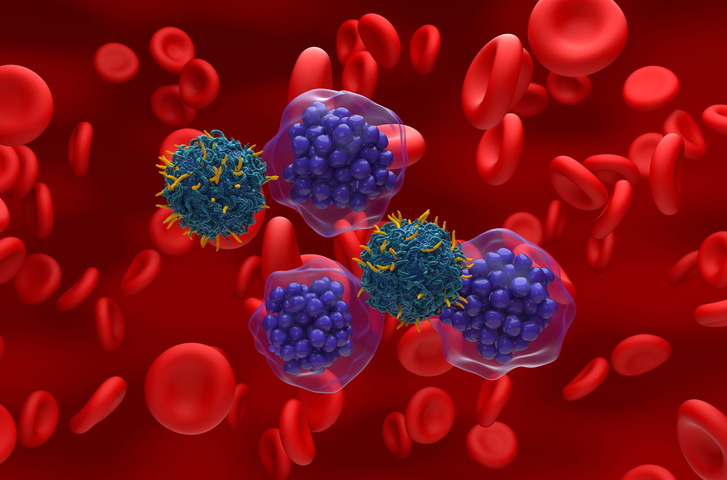
The single-chain fusion protein CLN-978 elicited “potent efficacy” against B-cell lymphoma cells expressing very low levels of human CD19 (hCD19), according to a study presented by Kristan Meetze, PhD, and colleagues at the 2023 Society for Immunotherapy of Cancer Annual Meeting.
CLN-978 was designed for high-affinity binding to CD19, for long serum half-life, and to enable the killing of low-CD19 expressing blasts, according to the researchers.
“The characteristics of CLN-978 may translate into high response rates and longer response duration in [non-Hodgkin lymphoma] patients expressing normal and very low levels of CD19 on malignant B-cells,” wrote Dr. Meetze and colleagues.
To determine the minimal copy number of CD19 on target cells necessary for redirected lysis by CLN-978, researchers used a chemically inducible system to tune the level of expression of a hCD19 transgene in CHO cells.
Quantitative flow cytometry confirmed target expression and revealed a broad range of CD19 surface expression levels ranging from 78 to more than 185,000 CD19 copies per cell. When hCD19-expressing A20 or hCD19-expressing CHO cell lines were co-cultured with purified T-cells from healthy donors, CLN-978 induced potent redirected lysis, T-cell activation, and corresponding cytokine release.
“The findings with inducible hCD19-expressing CHO cells were corroborated with mouse A20 lymphoma cell lines stably transfected with hCD19, ranging from 325 to 17,000 CD19 copies per cell,” researchers wrote.
Researchers detected potent target cell lysis at pM concentrations of CLN-978 in all cell lines regardless of CD19 copy number. They also observed complete maximal killing at all expression levels, “indicating that CLN-978 was capable of redirecting T-cells even against target cells expressing very low levels of hCD19.”
Reference
Meetze K, Mehta N, Michaelson J, et al. CLN-978, a novel CD19/CD3/HSA T cell engager with extended serum half-life, is effective against lymphoma cells expressing very low levels of CD19. Abstract #1024. Presented at the 2023 Society for Immunotherapy of Cancer Annual Meeting; November 1-5, 2023; San Diego, California.






 © 2025 Mashup Media, LLC, a Formedics Property. All Rights Reserved.
© 2025 Mashup Media, LLC, a Formedics Property. All Rights Reserved.